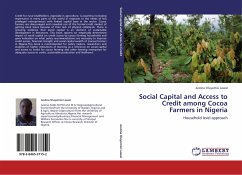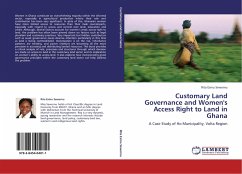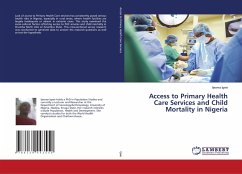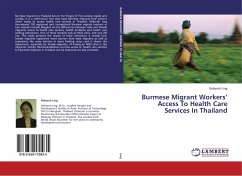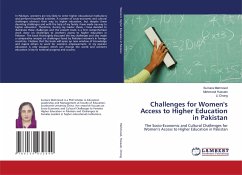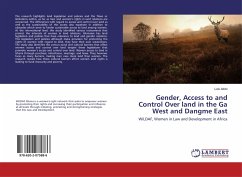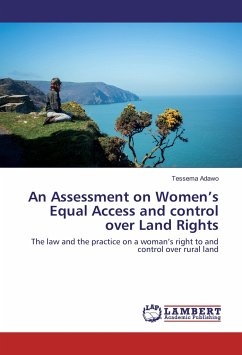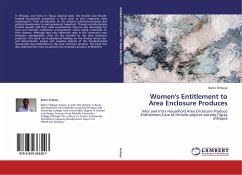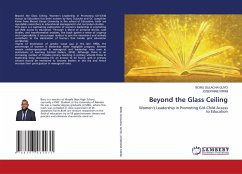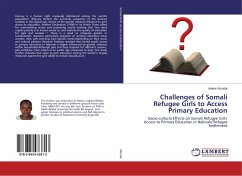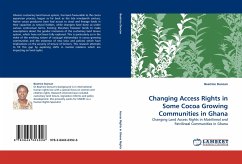
Changing Access Rights in Some Cocoa Growing Communities in Ghana
Changing Land Access Rights in Matrilineal and Patrilineal Communities in Ghana
Versandkostenfrei!
Versandfertig in 6-10 Tagen
52,99 €
inkl. MwSt.

PAYBACK Punkte
26 °P sammeln!
Ghana's customary land tenure system, has been favourable to the cocoa expansion process, begun as far back as the late nineteenth century. Native cocoa producers have had access to stool and lineage lands in their capacities as natural holders, while strangers have done so under various contractual terms. Existing literature however tends to make assumptions about the gender imensions of the customary land tenure system, which have not been fully explored. This is particularly so in the wake of the evolving nature of conjugal elationships in cocoa growing communities and the existence of new ...
Ghana's customary land tenure system, has been favourable to the cocoa expansion process, begun as far back as the late nineteenth century. Native cocoa producers have had access to stool and lineage lands in their capacities as natural holders, while strangers have done so under various contractual terms. Existing literature however tends to make assumptions about the gender imensions of the customary land tenure system, which have not been fully explored. This is particularly so in the wake of the evolving nature of conjugal elationships in cocoa growing communities and the existence of new laws and policies which have implications on the security of tenure of farmers. This research attempts to fill this gap by exploring shifts in marital relations which are impacting on land rights.



